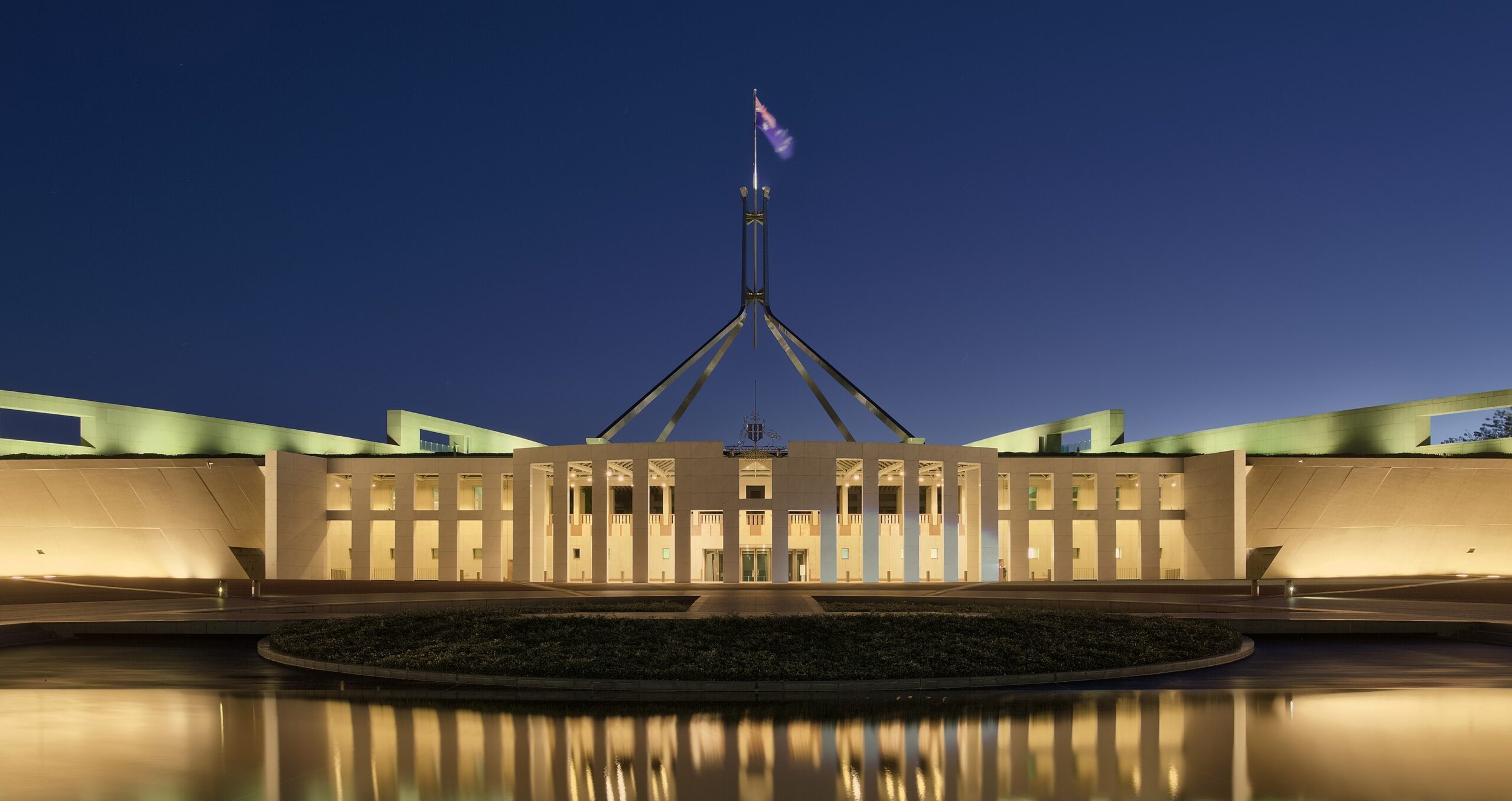The 2025 Federal Budget provides cost of living relief through tax cuts, lower power bills, reduced co-payment for medicines and other measures.
2025/26 Federal Budget Summary
Note: Unless stated otherwise, these changes are proposals only and may or may not be made law.
Cost of Living
Energy bill relief: extended for six months: All Australian households and eligible small businesses will receive an additional energy rebate of $150. The rebate will be automatically applied to electricity bills between 1 July and 31 December 2025, in two quarterly instalments of $75. It’s expected that the eligibility rules that apply to small businesses will remain unchanged.
Student loans: to be cut by 20%: Student loans will be reduced by 20% before the annual indexation is applied on 1 June 2025. The changes will apply to all HELP Student Loans, VET Student Loans, Australian Apprenticeship Support Loans, Student Start-up Loans and Student Financial Supplement Scheme.
Reduced student loan repayments: The income that can be earned before student loan repayments need to be made will be increased from $54,435 in 2024/25 to $67,000 in 2025/26. Also, repayments will be calculated on just the income earned above the $67,000 threshold, not on total income. The list of eligible student loans is covered in the measure above.
Lower cap for PBS medicines: The maximum cost of Pharmaceutical Benefits Scheme (PBS) medicines will decrease from $31.60 to $25 per script from 1 January 2026. Pensioners and Commonwealth concession cardholders will still only pay the subsidised rate of $7.70 per PBS script until 1 January 2030.
Medicare bulk billing incentives: Incentive payments will be introduced to expand bulk billing to all Australians from 1 November 2025. Also, a new Bulk Billing Practice Incentive Program will be introduced for general practices if they bulk bill every visit under Medicare. Nine out of 10 GP visits are expected to be bulk billed by 2030.
Expanded ‘Help to Buy’ program: The Help to Buy program was established to assist eligible individuals with the purchase of a principal place of residence. Expected to commence later this year, the Commonwealth will provide an equity contribution up to 30% of the purchase price of an existing home and up to 40% of the purchase price of a new home. The income cap and property price caps used to determine eligibility will increase. For singles, the income cap will increase from $90,000 to $100,000. For joint applicants (and single parents), the income cap will increase from $120,000 to $160,000. The property price cap depends on the location of the property and details can be found in the Government’s media release.
Superannuation
No changes to superannuation have been proposed.
Social Security
‘3-day guarantee’ for child care subsidy: Families will be eligible for at least 72 hours per fortnight (three days per week) of subsidised Early Childhood Education and Care (ECEC) without having to meet certain activity requirements (such as paid work, volunteering and studying). Families that still meet activity requirements, care for a First Nations child or have a valid exemption, can continue to get 100 hours of subsidised ECEC. A family income test limit ($533,280 in 2024/25) will still need to be met to be qualify for subsidised care. This measure is legislated to start from 1 January 2026.
Personal Taxation
Personal tax cuts: All taxpayers will receive modest tax cuts starting from 1 July 2026. The 16% tax rate on taxable income between $18,201 and $45,000 will reduce to: 15% from 1 July 2026, and 14% from 1 July 2027. There will be no changes to the other marginal tax rates and thresholds.
For further information
Click here to view an infographic summarising the key proposals.
Click here to access the Government’s Budget website.
